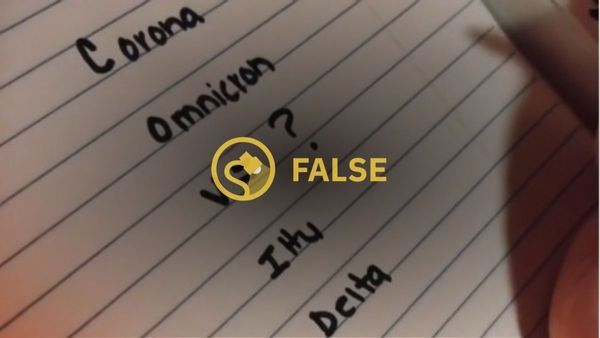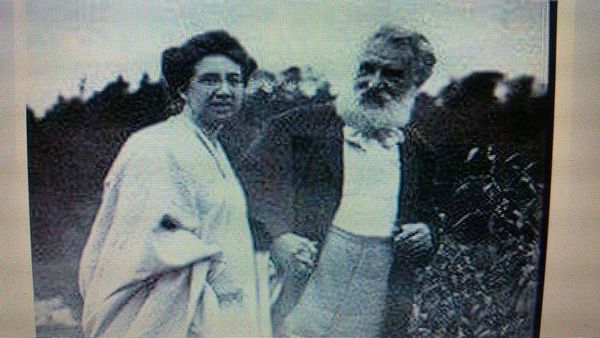Etymology is the study of the origins of words and how their usage has changed over time. It's every bit the serious academic discipline you might expect it to be — except when it's not.
As it turns out, people have a propensity to make false claims about word origins. Sometimes it's just a case of someone making a bad guess and sharing it. Other times, the inaccuracies seemingly stem from clever pranks that have gone viral because they're funny or irresistibly piquant.
Many of these popular etymological misconceptions (known to linguists and folklorists as "folk etymologies") are based on faulty comparisons or analogies (see the purported origins of the phrases "cold turkey" and "holy smoke" for examples).
But a surprising number of what we're inclined to call "fake etymologies" (because we're inclined to think many of them were conceived as jokes) are based on acronyms. Did the word "shit" originate in the 1800s as the acronym of "ship high in transit"? Did the word "tip" (as in "tipping one's server") originate as the acronym of "to insure promptness"? The answer is a resounding 'no' in both cases.
What follows is our growing catalogue of folk and fake etymologies. Have you heard one you'd like Snopes to fact-check? Visit our contact page.






















